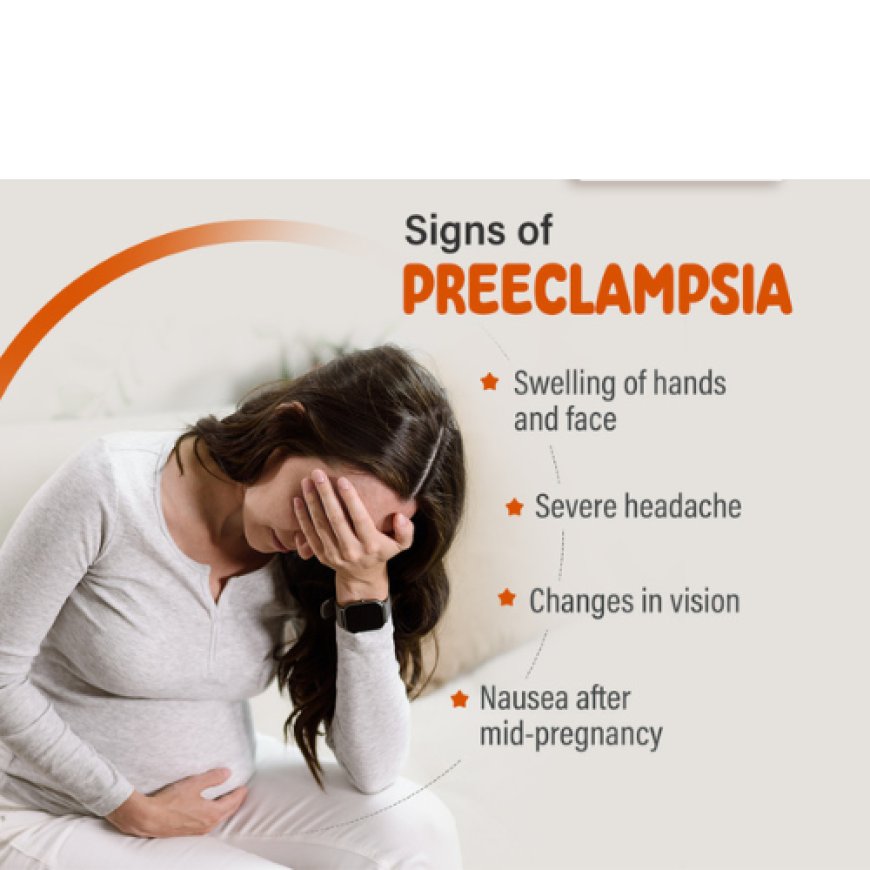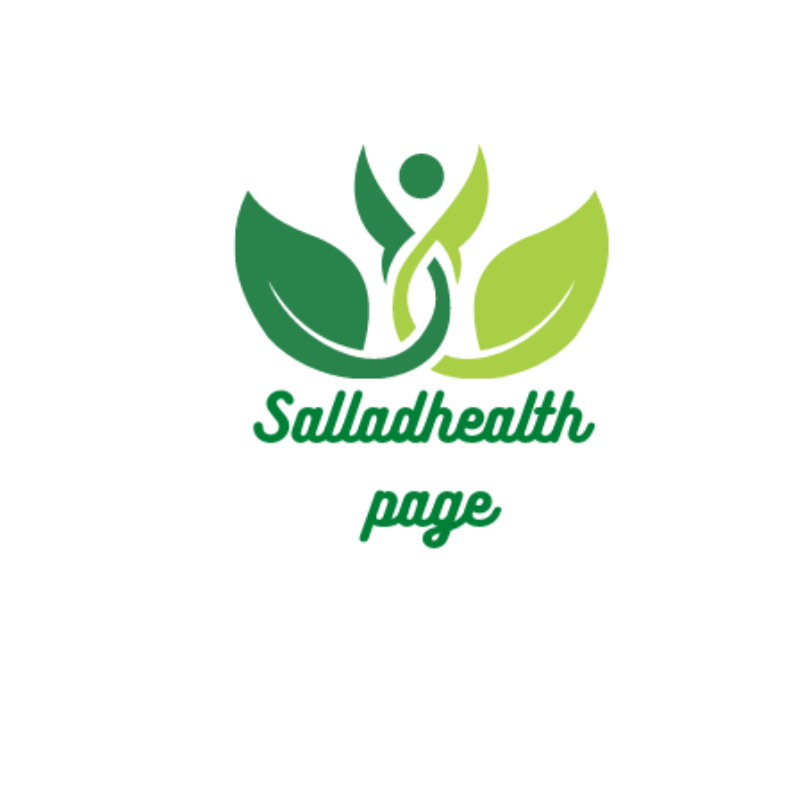Preeclampsia And Its Impact On Fetal Health: What You Need To Know
Learn about the impact of preeclampsia on fetal health with this comprehensive article. Discover the causes and risk factors of this serious pregnancy complication, as well as its effects on fetal growth and development.

Preeclampsia is a medical condition that occurs during pregnancy and is characterized by high blood pressure and damage to organs, usually the liver and kidneys. It typically develops after the 20th week of pregnancy and can affect both the mother and the unborn baby.
The exact cause of preeclampsia is not known, but it is believed to be related to problems with the blood vessels that supply the placenta. Risk factors for developing preeclampsia include first-time pregnancy, age over 35, multiple gestations (twins, triplets, etc.), a history of high blood pressure or kidney disease, and obesity.
Symptoms
Symptoms of preeclampsia include:
· High blood pressure
· Protein in the urine
· Swelling (edema) of the hands face and feet
· Severe headaches
· Vision changes
· Upper abdominal pain
If you are pregnant and experience any of the following symptoms, you should contact your healthcare provider right away:
2. Protein in your urine: If you have protein in your urine, which is often detected during routine prenatal care, you should contact your healthcare provider.
3. Severe headaches: If you experience severe headaches, especially if they are accompanied by blurred vision or sensitivity to light, you should contact your healthcare provider.
4. Vision changes: If you experience vision changes, such as blurriness or seeing spots, you should contact your healthcare provider.
5. Upper abdominal pain: If you have pain in the upper part of your abdomen, especially if it is accompanied by nausea or vomiting, you should contact your healthcare provider.
6. Swelling: Some swelling is normal during pregnancy, but if you experience sudden and severe swelling in your face, hands, or feet, you should contact your healthcare provider.
It's important to note that these symptoms can be a sign of other pregnancy complications as well, so it's important to contact your healthcare provider as soon as possible to receive proper evaluation and treatment.
Risk factor
There are several risk factors that can increase a woman's chance of developing preeclampsia during pregnancy. Some of the most common risk factors include:
1. First-time pregnancy: Women who are pregnant for the first time are at a higher risk of developing preeclampsia.
2. Age: Women who are over the age of 35 are at a higher risk of developing preeclampsia.
3. Multiple gestations: Women who are carrying twins, triplets, or more are at a higher risk of developing preeclampsia.
4. History of high blood pressure or kidney disease: Women who have a history of high blood pressure or kidney disease are at a higher risk of developing preeclampsia.
5. Obesity: Women who are obese (with a body mass index of 30 or higher) are at a higher risk of developing preeclampsia.
6. Previous history of preeclampsia: Women who have had preeclampsia in a previous pregnancy are at a higher risk of developing it again in subsequent pregnancies.
7. Family history: Women with a family history of preeclampsia are at a higher risk of developing it themselves.
It's important to note that not all women who have these risk factors will develop preeclampsia, and some women who develop preeclampsia may not have any of these risk factors.
Treatment
Preeclampsia can lead to a number of serious complications for both the mother and the baby. Some of the most common complications include:
- Eclampsia: Preeclampsia can progress to eclampsia, which is characterized by seizures. Eclampsia is a medical emergency and can be life-threatening for both the mother and the baby.
- HELLP syndrome: Preeclampsia can also lead to a condition called HELLP syndrome, which is a serious liver disorder that can cause problems with blood clotting and lead to organ failure.
- Placental abruption: Preeclampsia can increase the risk of placental abruption, which is a condition where the placenta separates from the uterine wall before delivery. Placental abruption can be dangerous for both the mother and the baby.
- Premature delivery: In severe cases of preeclampsia, the baby may need to be delivered early, even if it is not yet fully developed. Premature babies are at risk for a number of health problems, including respiratory distress syndrome, infections, and developmental delays.
- Growth restriction: Preeclampsia can also affect the growth of the baby, leading to a condition called intrauterine growth restriction (IUGR), where the baby is smaller than expected for their gestational age.
It's important to receive proper medical care and monitoring during pregnancy to help prevent these complications or treat them as early as possible.
Prevention
Unfortunately, there is no surefire way to prevent preeclampsia, but there are steps that pregnant women can take to help reduce their risk of developing the condition. These steps include:
- Attend regular prenatal visits: Regular prenatal care is important for monitoring the health of both the mother and the baby. During these visits, your healthcare provider can monitor your blood pressure, check for protein in your urine, and perform other tests to detect preeclampsia early.
- Maintain a healthy weight: Women who are overweight or obese before pregnancy are at a higher risk of developing preeclampsia. Maintaining a healthy weight through a balanced diet and regular exercise may help reduce the risk.
- Manage chronic conditions: Women who have chronic conditions such as high blood pressure, diabetes, or kidney disease should work with their healthcare provider to manage their condition during pregnancy.
- Take low-dose aspirin: Women who are at high risk of developing preeclampsia, such as those with a history of the condition or certain medical conditions, may be advised to take low-dose aspirin during pregnancy to help reduce the risk.
- Avoid smoking and alcohol: Smoking and alcohol use during pregnancy can increase the risk of preeclampsia, as well as other pregnancy complications. Avoiding these substances is important for the health of both the mother and the baby.
It's important to note that even with these preventative measures, some women may still develop preeclampsia. Regular prenatal care and monitoring are key to detecting the condition early and managing it effectively.
Conclusions
Preeclampsia is a serious pregnancy complication that affects a small percentage of pregnant women. It is characterized by high blood pressure and protein in the urine and can lead to a number of serious complications for both the mother and the baby. While there is no surefire way to prevent preeclampsia, pregnant women can take steps to reduce their risk, including attending regular prenatal visits, maintaining a healthy weight, managing chronic conditions, taking low-dose aspirin if recommended, and avoiding smoking and alcohol. If you experience any symptoms of preeclampsia, it's important to contact your healthcare provider right away to receive proper evaluation and treatment. Regular prenatal care and monitoring are key to detecting and managing preeclampsia effectively.
What's Your Reaction?








































